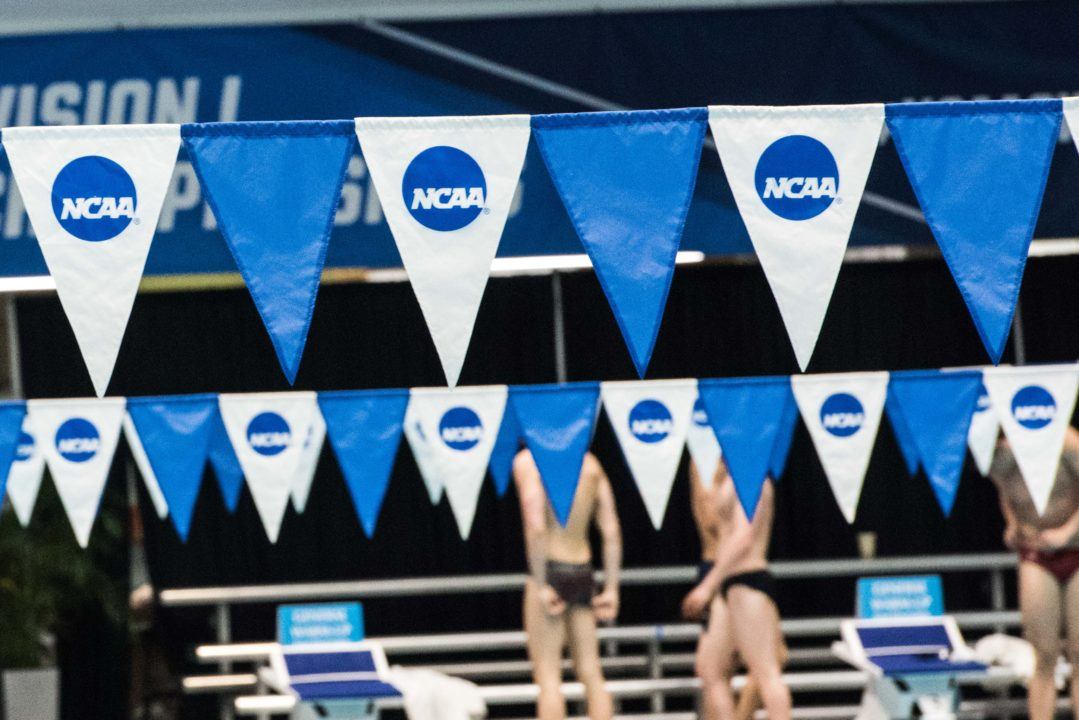Courtesy: Robert Dickson
The Division I council approved various proposals for student-athlete protections in name, image, and likeness (NIL) on Wednesday at the annual NCAA convention in Phoenix. The measures, which were expected to be approved, will go into effect on Aug. 1.
The approved NIL legislation includes the creation of a voluntary registry for NIL service providers, mandatory disclosure of certain NIL deals, as well as more standardized contracts and educational programs for athletes and NIL entities.
Moving forward, the @NCAA will:
➡️ Develop a voluntary registration for providers.
➡️ Aggregate and make available NIL data and trends for student-athletes and member schools.
➡️ Provide standardized contract recommendations and NIL education to student-athletes.— NCAA News (@NCAA_PR) January 10, 2024
NIL service providers will include agents, financial advisors and others who are involved with student-athletes in NIL opportunities. Prior to this voluntary registry, agents could register with states as an “Athlete Agent” under the Revised Uniform Athletes Agent Act (RUAAA), which has been enacted in 42 states. However, there has been little to no enforcement by schools or the NCAA to monitor agents’ qualifications.
The mandatory disclosure of NIL deals garnered a lot of attention on social media following its approval by the DI council. Under this policy, any NIL agreement exceeding $600 will be required to report to their school, within 30 days, information such as the total amount of compensation received, the services provided, and the term of the agreement. Additionally, if a service provider was involved, the name of that individual would be included in the submission. For recruits, they must disclose any and all current or previous NIL agreements before they can be issued a National Letter of Intent (NLI). This is an interesting policy considering non-athlete college students are under no duty to disclose outside compensation to their colleges and universities.
The DI council also introduced new proposals that would allow for more school involvement with NIL activities. Under the proposed legislations, schools would be permitted to communicate with NIL entities (such as collectives) about their enrolled student-athletes. Notably, schools would be permitted to facilitate NIL deals and/or connect their student-athletes to NIL entities with prospective NIL opportunities. Schools would be prohibited from any NIL communications with prospective student-athletes and transfers. The proposed legislation will continue to bar schools from compensating student-athletes for NIL.
This newly introduced legislation would allow schools to contract with outside service providers to provide services to athletes.
It also specifies collectives can’t communicate at all with PSAs or athletes at other schools (or their reps) until a letter of intent is signed. https://t.co/9zJGRyaCBe
— Mit Winter (@WinterSportsLaw) January 10, 2024
The new proposals could be adopted as early as April after receiving feedback from NCAA members.

Can we all take a step back to acknowledge something really weird about this whole thing?
Athletic departments, which most directly benefit from players’ names, images, and likenesses, cannot compensate players for using the players’ NIL. But athletic departments can facilitate connections between players and others, so that others can pay for the right to use the players’ NIL.
I’m not making an argument against this arrangement (not in this comment). I’m just saying this is so strange compared to every other compensation model in the world.
You seem to have a very broad definition of how schools “benefit” from players’ name, image, likeness, NIL was conceived as a way to compensate current student-athletes for the use of their NIL by third parties, I believe–a private shop that sells university merch. If the school is getting a cut of the merch, through a rights deal, that it is benefiting, as is the private, 3rd-party retailer and the student-athlete.
Am I wrong, or do the new rules prevent schools from offering NIL contracts to prospects. It seems to be now prohibiting it–but doesn’t explicitly say so. A student must have signed a national letter of intent first. This would be significant, yes, as prospects are now being offered… Read more »